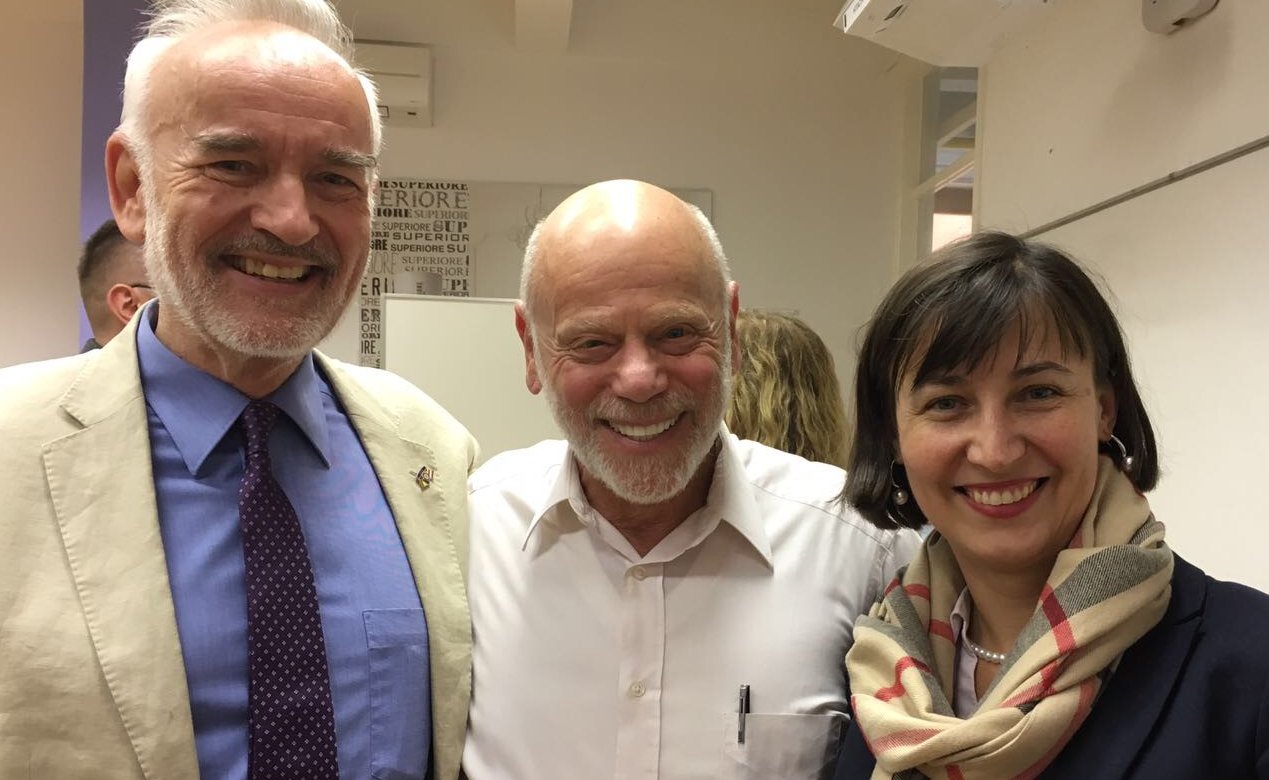It is not litigation, adjudication or arbitration. It is a form of Alternative Dispute Resolution (ADR). More specifically, it is the only genuine ADR method because unlike the others no decision is imposed upon the parties. It is a voluntary process by which an independent mediator facilitates the parties in reaching an agreement themselves.
The mediator and the parties meet, the parties explain their views and then the mediator explores individually with each party the strengths and weaknesses of their case, and carries forward to the other parties such information as they wish to bring a meeting of minds.
It can be a variable hourly rate depending on the mediator, or a fixed fee. Generally, mediations finish on the same day, thus making the financial cost and the cost in time far less than that involved in litigation.
Mediation is a process by which the parties are assisted to reach an agreement themselves which may then be ratified by the Court if they wish. Other ADR methods impose a decision on the parties.
Litigation again imposes a decision. Litigation may be expensive and confrontational, so that once the litigation process has started it can be difficult for the parties to reach a sensible commercial solution. Mediation enables the parties to incorporate in a resolution factors that are outside the remit of a Court. In commercial disputes it can often be in the interest of the parties to maintain a business working relationship, which mediation allows and litigation tends to discourage. Having agreed the resolution the mediated result is likely to be acceptable to both parties, whereas a judicially imposed resolution could leave neither particularly happy.
The mediation process enables you to attend alone or with your legal advisors, or with a companion. The process enables the mediator to talk to you alone or in the presence of your legal advisors, or indeed, any other person involved in the dispute.
The mediation process itself tends to be completed in a day. Before that day it is usual for both parties to submit to the mediator some relevant paperwork. From the agreement to mediate to the mediation day itself usually takes 2 to 3 weeks to set up.
The mediator can make contact with the other party to see if they are prepared to attend mediation, but if they are not, then the process cannot work.
Almost all court cases are likely to be suitable for mediation. The Courts are frequently adjourning cases to attempt settlement by mediation. Disputes between parties even of unequal bargaining power can be better suited to mediation than litigation. Everyday contract cases, financial disputes, personal injury and negligence, clinical negligence disputes, professional negligence, pensions, construction, shipping, and the list continues.
Bad reasons for refusing to mediate include: the fact that heavy costs have already been incurred, that a party believes they have a watertight case, or that a full and detailed refutation of the other party's case has already been supplied. (Hurst v Leeming [2002] EWHC 1051)
There is a view that mediators need to be qualified and experienced in the subject that is in dispute, but that need not be the case. It is as much the process that assists parties in dispute as the mediator. A skilled mediator should be able to mediate a dispute on any subject matter. Mediators come from a mixed professional background of lawyers, chartered surveyors, chartered engineers, architects etc. Having said that, parties may, if they wish, choose a mediator with a background in the area of the dispute subject matter.
Both sides pay equally. It may be part of the mediated agreement that one party will pay the other side's costs, including the mediation fee but that is something to be agreed during the process.
A concluded mediation should result in an Order being drawn up by the parties' legal advisors, if they have them, which would be submitted to the Court for approval and therefore binding. Alternatively, the finalised agreement can be concluded as a contract and enforced that way.
The parties can have another attempt at mediation on another day, if they wish. Alternatively, they may resort to their lawyers and ultimately the Court, or walk away from the dispute.
No, the mediation process is conducted on a "without prejudice" basis, so anything said remains private between the parties and the mediator and cannot be used in any other forum, including the Court (save in exceptional circumstances defined by case law).

